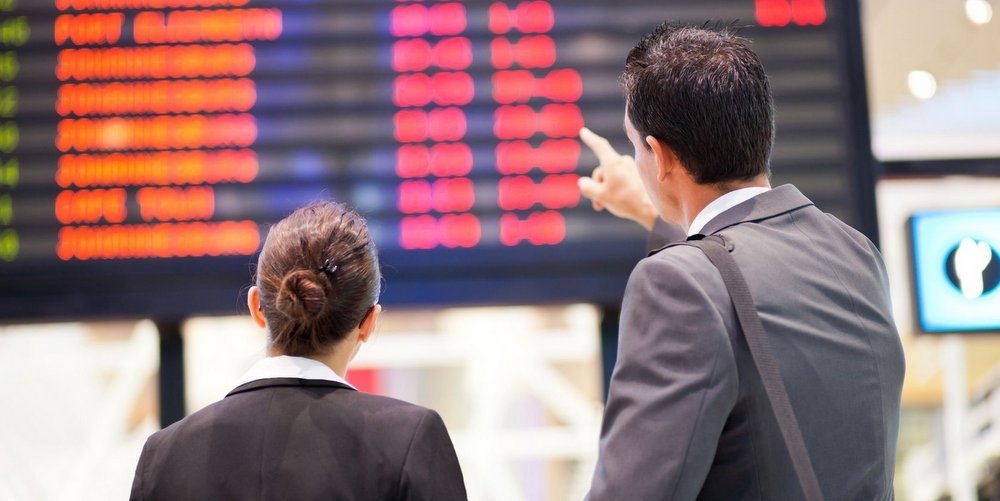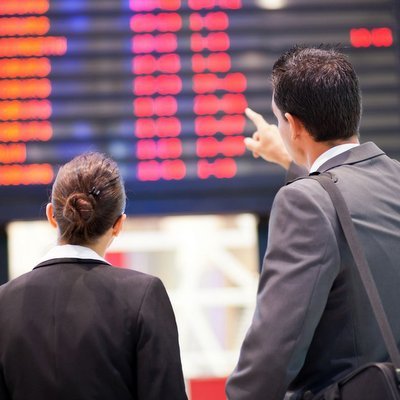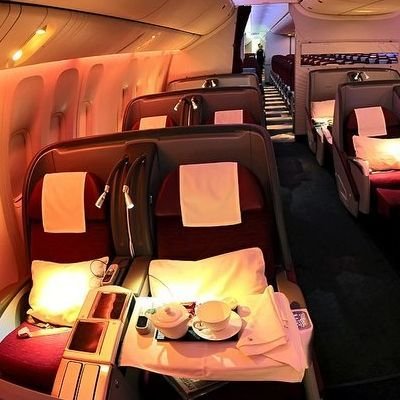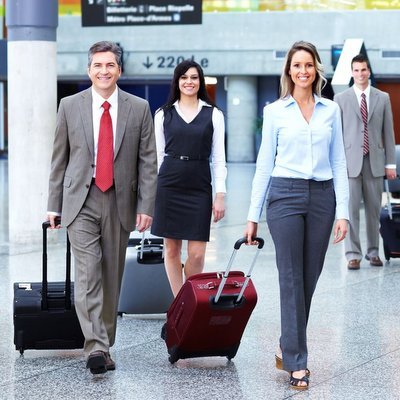...and that’s A Good Thing for Employers
Everywhere you look these days you’ll see employers and recruitment experts discuss millennials – their wants, their qualities and their shortcomings. After all, while Gen X individuals may still occupy more senior positions in corporations, the workforce worldwide is now largely being ruled by millennials.
Gen X versus Millennials: The Basic Differences
Born off the revolutionary spirit of the 60s and 70s and the yuppie culture of the 80s, Gen X had to break the rigid structures their parents had been locked into. This left the generation with a strong sense of autonomy, independence, a strong work ethic and resilience. It’s a generation that works hard (but not always well or for the right reasons) and values relaxation and family time. Technology was in its infancy during their formative years, and Generation X witnessed and shaped the emergence of a culture dominated by the use of gadgets.
Millennials, on the other hand, were the centre of their parents’ universe, got to enjoy freedoms never before experienced, and practically grew up with mobile phones in their hands. Their lives were also shaped by a plethora of out-of-school activities; they were consulted and listened to by parents from an early age. They now possess a strong sense of self-worth, a desire to contribute to the creation of a better world, and are sociable in ways their predecessors do not fathom.
At the workplace, the earlier generation is both hierarchical and self-managed, while the latter, more idealistic, expects to included and involved in key decision making processes just like at home. Nonetheless, both generations seek a sense of purpose and common good attached to their work and lives.

How These Differences Manifest in Travel
Disposable income largely shapes travel choices; Gen Xers choose vacations and destinations that are a perfect backdrop for family time and relaxation, while millennials are said to seek experiences and adventures (they’ll sleep on someone’s couch) and will look to technology to give them ideas, tips and connections. Millennials are also said to be keen value-seekers and this may be due to a reduced budget as well as a desire to maximize spending power of their hard-earned cash.Research conducted by the Global Business Travel Association and American Express Global Business further identified differences in travel priorities:
Flexibility of travel arrangements and the option to change booking details are said to be top priority for GenX travellers. They like to use travel management companies but are most satisfied with third-party site bookings. | |
GenX sees business travel as a work task and are willing to put personal satisfaction and experience on the backburner. Staying at nice hotels and eating good food is said to be a sufficient incentive for hard work. | |
Millennials are said to relish frequent business trips with many extending their stays and combining them with a personal holiday (the advent of Bleisure). | |
Millennials balance this by choosing budget accommodation (e.g. Airbnb), travel deals, and loyalty perks to enhance their travel experience and reduce costs. Value for money and travel experience rather than expensive comfort are key. | |
Much like in everyday work settings, millennials like to be consulted, mostly prefer making their own travel arrangements online and are less inclined to use of the services of travel management companies. |
What This Means When Implementing Business Travel Policies
The entire business industry has been focusing on the motivation and mindset of millennials and this generation is changing the way corporations organise their business travel. In a nutshell: Millennials don’t mind having fewer luxuries if they get more say in how they experience their business trips.
For instance, employees covered with The Wise Traveller don’t get business class seats or hotel suites – but they do get travel cover, a dedicated hotel booking platform, and a quota for airport lounge visits, all usable for both business and personal trips. This reduces costs for businesses while satisfying employees’ desire to have a say in the way they “work”.
Employers should adjust to give employees, whether Gen X or Millennial, the freedom and flexibility to choose their travel arrangements. After all, some aspects of business travel – such as immigration fast-tracking and private transfers – remain essential for all age groups.
What if current business travel policies in your company are highly complicated? What’s the single best change that can be made? Simple: let employees extend their trips, working remotely if they must, instead of forcing them to return to the office immediately.
How has your company made changes, if any, to business travel policies?















